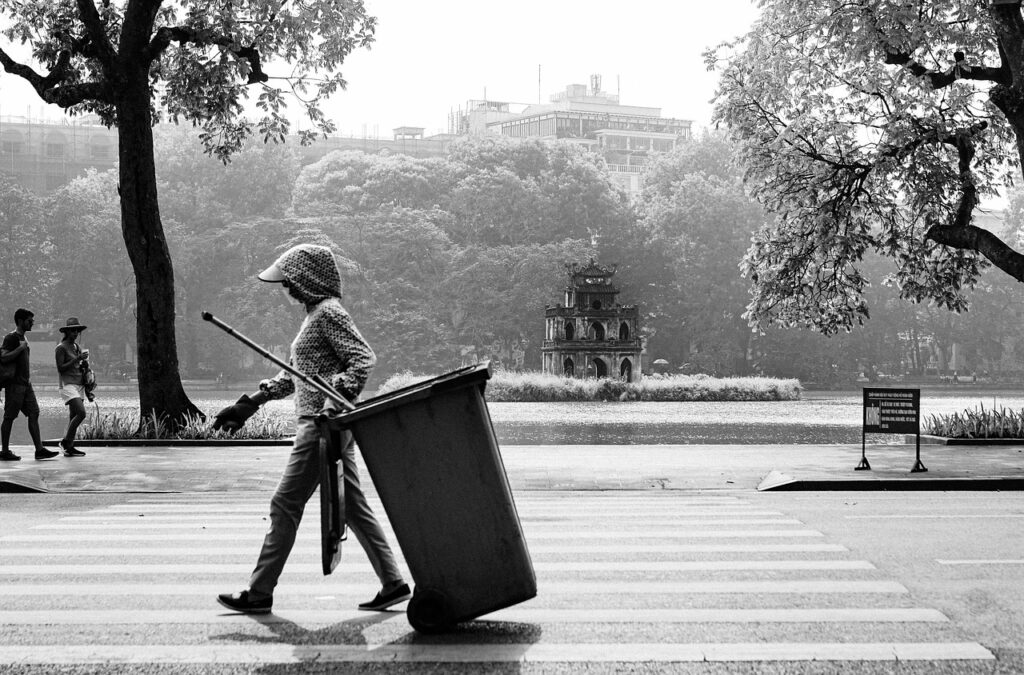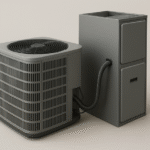Recycling drop off locations offer a convenient way for people to dispose of recyclable materials responsibly, supporting environmental sustainability. These sites are often available 24/7 and accept a range of items, including batteries, plastic bags, yard waste, and more, depending on the facility’s guidelines.
The most effective recycling drop-off points clearly specify what materials they accept and provide easy access, helping residents and businesses reduce waste efficiently. Many cities, like Buffalo, have established systems that include separate bins or specific collection schedules to make recycling straightforward and comply with local regulations.
Understanding the types of items accepted at each location is important, as some materials like Styrofoam or rechargeable batteries require specialized drop-off points. This knowledge ensures recyclables are processed correctly and do not disrupt facility operations, promoting a smoother waste management process overall.
Types of Recycling Drop Off Locations
Recycling drop-off locations vary based on the types of materials accepted, convenience, and specific recycling goals. Each type offers unique services and accepts different waste categories, making it important to choose the right location for proper disposal.
Municipal Recycling Centers
Municipal recycling centers are run by city or county governments. They provide free or low-cost drop-off options for residents to recycle a wide variety of items, including household hazardous waste, electronics, paint, batteries, and more.
These centers often accept items that regular curbside recycling does not, such as fluorescent lights or solvents. They may also have staff available to help residents sort materials correctly. Locations like these typically serve only local residents and require proof of residency.
Residents benefit from easy access to safe recycling for materials that could be harmful if disposed of improperly. Some centers operate permanent drop-off sites, while others hold scheduled collection days for specific waste types.
Retail Store Collection Points
Many retail stores host collection points for specific recyclable items. Common examples include electronics, batteries, ink cartridges, and plastic bags. These locations provide convenient drop-offs during regular shopping trips.
Retail collection programs focus mainly on materials related to their products, promoting closed-loop recycling. For instance, electronics retailers accept old devices to be refurbished or responsibly recycled.
These points often serve as a supplementary option to municipal centers, especially for smaller or specialized items. Fees are rare but possible depending on the product and program. They make recycling accessible without requiring a separate trip.
Community Recycling Events
Community recycling events are temporary drop-off locations organized by local groups, cities, or environmental organizations. They target specific waste streams, such as e-waste, hazardous materials, or bulky items.
These events occur periodically and provide residents with an opportunity to dispose of items that aren’t accepted in regular programs. Items collected might include electronics, paint, chemicals, tires, and more.
Volunteers and professionals often manage these events to ensure proper material handling. These events focus on convenience and education, raising awareness about recycling challenges and solutions. Participants usually must follow event guidelines regarding item types and quantities.
How to Find and Use Recycling Drop Off Locations
Knowing where recycling facilities are, what materials they accept, and when they operate helps users recycle responsibly and efficiently. Proper preparation and adherence to site rules ensure smooth drop-off experiences.
Locating Nearby Recycling Facilities
Users can find recycling drop-off locations by entering their address, postal code, or zip code into online maps provided by waste management companies or recycling programs. Many systems display multiple facility types, including landfills, transfer stations, and special drop-off points for electronics or hazardous materials.
Some platforms allow filtering by accepted materials or service types. Using official directories or TerraCycle maps narrows the search to certified and volunteer-operated drop-offs. Confirm the facility’s public access status before visiting, as some locations serve only businesses or require prior arrangements.
Accepted Materials and Sorting Guidelines
Recycling drop-off sites generally accept items like paper, plastics, glass, metals, batteries, electronics, and household hazardous waste. However, accepted materials vary by location and facility type.
Users should:
- Separate recyclables by material category.
- Remove contaminants such as food residue or non-recyclable packaging.
- Follow specific sorting instructions listed by the facility.
Proper sorting reduces processing issues and contamination. Some drop-offs only accept certain brands or certified products, especially with TerraCycle programs or electronics recycling services.
Hours of Operation and Access Requirements
Drop-off locations have defined operating hours stated online or on-site. These hours may differ on weekends or holidays and can change seasonally. Checking in advance avoids wasted trips.
Access may require proof of residency, appointment scheduling, or use of specific entry points for commercial versus residential drop-offs. Certain facilities restrict large volume or commercial waste unless pre-approved. Some provide help or staff assistance by request, but users should plan to handle unloading independently if not specified otherwise.



